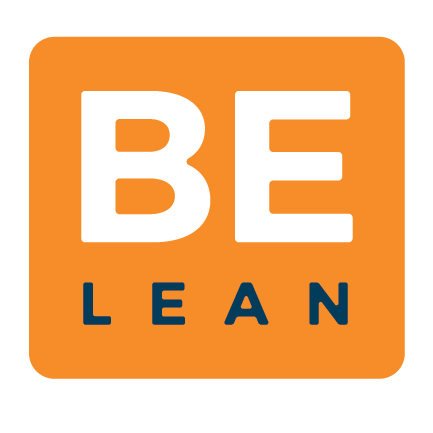Perfection isn't the goal. Profitability is.
Treating imperfection as an operating expense
In 2008, some college friends and I started the first stationless bike sharing program in the North America, a decade before bikes and scooters appeared on the streets of every major city.
And the first question everyone asked us was this...
Won't people just steal the bikes? How are you going to prevent that?
People assumed theft would be rampant, and they expected Fort Knox level security accordingly.
But we knew some things most people didn't.
Assumption: Without impenetrable security, all the bikes would be stolen.
Reality: Most bikes that are stolen are unlocked or secured by weak cable locks.
Solution: Simple U-Locks prevents 90% of theft
Assumption: People who rent the bikes are the most likely to steal them.
Reality: Most bikes are stolen by people from outside of a community, not those in it.
Solution: Only give registered users access.
It was truly that simple. We didn't need Fort Knox level security to prevent 100% theft.
We only needed the cost of theft to be lower than the cost of prevention.
We ran our first program on the campus of the University of Maryland starting in 2009. After two years, hundreds of riders and thousands of trips, only one bike disappeared.
It was found a year later in the campus shuttle bus depot after a rider had forgotten they'd attached it to the front of a bus.
Perfection isn’t a Brand Promise
I don't know about you, but to me it seems like brand promises are becoming bigger and bigger these days. And there's this underlying assumption that companies need to deliver perfection.
The reality is, it doesn't take perfection to deliver on a brand promise.
And you don't have to take it from me.
If you don't like their socks, Bombas will offer a full refund with no questions asked. And you get to keep the socks.
Nordstrom famously will accept any return, even without a receipt.
And how many companies have you seen that confidently offer a 100% satisfaction guarantee or your money back?
These businesses don't offer kickbacks because they expect they'll nail it 100% of the time.
They do so because they've gotten their products and their process to a point where they nail it the vast majority of the time. And they’ve calculated that the costs to remedy the few remaining mistakes is less than the cost it would take to prevent them entirely.
They treat mistakes like operating expenses. And as you scale your business, you should too.
Because perfection isn't the goal. Profitability is the goal.
Are you putting more effort into preventing problems than it would cost to simply solve them?
Are you getting bogged down trying to mitigate a risk that's unlikely to occur?
How do you know when good enough is good enough?
If you’d like an objective perspective to help answer these questions so that you’re confident you’re investing your resources in the the right places, please get it touch. I’d love to help.

